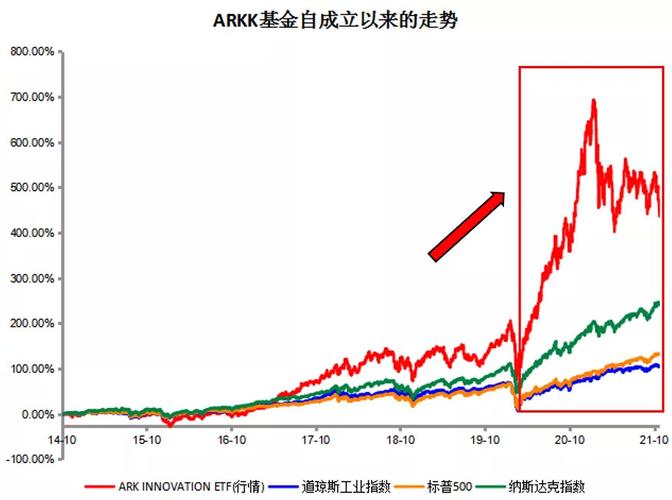
Ark and Ethereum: A Comprehensive Guide
Are you intrigued by the world of cryptocurrencies? Do you want to delve deeper into the fascinating realms of blockchain technology? If so, you’ve come to the right place. In this article, we will explore two of the most prominent cryptocurrencies: Ark and Ethereum. We will discuss their features, use cases, and the factors that make them stand out in the crowded crypto market.
Ark: The Decentralized Autonomous Organization (DAO) Platform
Ark is a decentralized autonomous organization (DAO) platform that aims to provide a seamless and efficient way for businesses and individuals to create and manage their own decentralized applications (DApps). Unlike Ethereum, which is primarily a smart contract platform, Ark focuses on creating a decentralized ecosystem that can support a wide range of applications.

One of the key features of Ark is its unique governance model. The platform allows token holders to vote on various aspects of the network, including the addition of new features, the selection of delegates, and the distribution of rewards. This decentralized governance model ensures that the platform remains transparent and community-driven.
Ark also boasts a fast and efficient consensus mechanism called the Delegated Proof of Stake (DPoS). This mechanism allows for quick transaction confirmations and low transaction fees, making it an attractive option for developers looking to build scalable and cost-effective DApps.
Ethereum: The King of Smart Contracts
Ethereum, often referred to as the “king of smart contracts,” is a blockchain platform that enables developers to build decentralized applications and smart contracts. It was created by Vitalik Buterin, a Russian-Canadian programmer, and launched in 2015. Since then, Ethereum has become the go-to platform for many developers looking to create innovative and secure DApps.
The Ethereum platform is powered by its native cryptocurrency, Ether (ETH). Ether is used to pay for transaction fees and to incentivize network participants to secure the network through mining or staking.

One of the most significant features of Ethereum is its smart contract functionality. Smart contracts are self-executing contracts with the terms of the agreement directly written into lines of code. This allows for the creation of decentralized applications that can automate various processes, from simple transactions to complex financial agreements.
Comparison: Ark vs. Ethereum
Now that we have a basic understanding of both Ark and Ethereum, let’s compare them on various parameters to determine their strengths and weaknesses.
| Parameter | Ark | Ethereum |
|---|---|---|
| Consensus Mechanism | Delegated Proof of Stake (DPoS) | Proof of Work (PoW) |
| Use Case | Decentralized Autonomous Organizations (DAOs) | Smart Contracts and DApps |
| Transaction Speed | Quick (1-3 seconds) | Slower (15-20 seconds) |
| Transaction Fees | Low | High (due to PoW) |
As you can see from the table, Ark and Ethereum differ in several aspects. Ark’s DPoS mechanism allows for faster transaction speeds and lower fees, making it a more efficient platform for certain applications. On the other hand, Ethereum’s PoW mechanism has led to higher transaction fees, but it also provides a more secure network due to the large number of miners involved.
Conclusion
In conclusion, both Ark and Ethereum are powerful blockchain platforms with unique features and use cases. Ark’s focus on DAOs and its efficient DPoS mechanism make it an attractive option for businesses and developers looking to create decentralized ecosystems. Ethereum, on the other hand, is the go-to platform for smart contracts and DApps, thanks to its robust and secure network.
When choosing between Ark and Ethereum, it’s essential to consider your specific needs and goals. If you’re looking to create a decentralized organization or a scalable DApp, Ark might be the better choice. However, if you’re interested in smart contracts and want to be part of a large and established network, Ethereum is the way to go.



